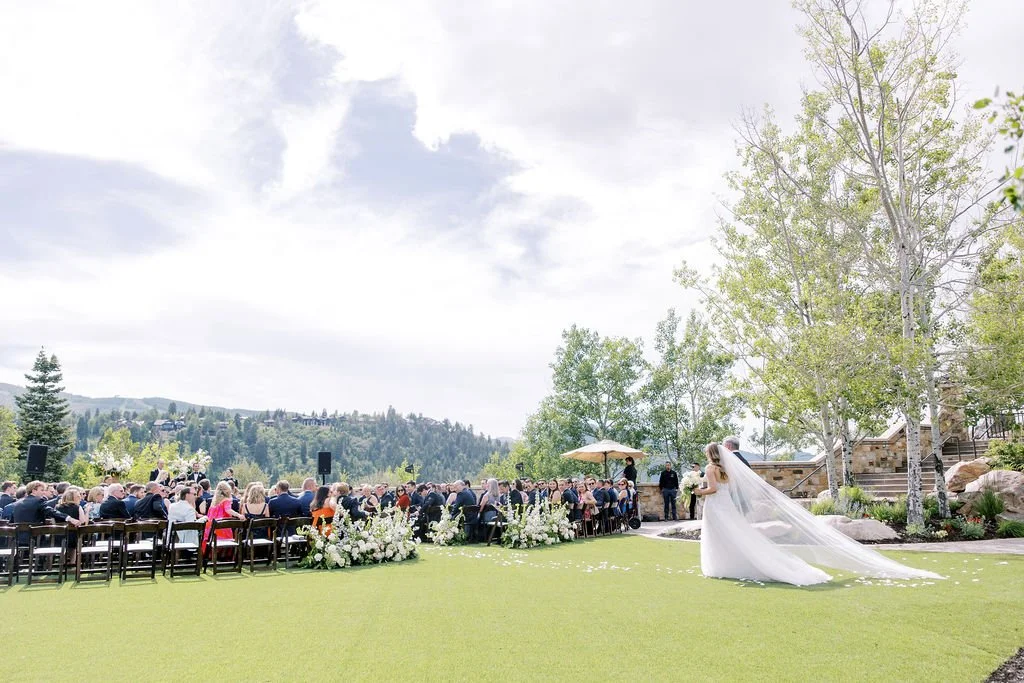Understanding Wedding Contracts: What Couples Need to Know Before Signing
it’s essential to understand the contract you’re entering into
When planning your wedding, it’s easy to get swept up in the excitement of selecting venues, booking vendors, and choosing all the beautiful details that will make your day unforgettable. But before you sign any vendor agreement, it’s essential to understand the contract you’re entering into.
A wedding contract is a legally binding document designed to protect both you and the vendor. It ensures expectations are clear, responsibilities are outlined, and both parties are held accountable. Here’s what you should look for before you sign.
1. Read Every Word of the Wedding Contract
It’s tempting to skim a contract—especially after detailed conversations over phone or email—but don’t. Contracts are written in legal language, and missing a single clause could lead to costly misunderstandings. Take your time to read every section carefully, and ask questions if anything feels unclear.
2. Key Elements Every Wedding Contract Should Include
Before signing, confirm that your contract includes these essentials:
Names and Contact Information: Both the couple’s and the vendor’s full names and accurate contact details.
Date, Time, and Location: Your wedding date, start time, and venue must be clearly listed.
Detailed List of Services: A photographer’s contract, for example, should specify hours of coverage, the number of edited images, and whether engagement sessions or albums are included.
Payment Terms: Look for the total cost, deposit amount, payment schedule, accepted methods, late fees, and any additional charges.
Cancellation and Refund Policies: Protect yourself by knowing what happens if the wedding is postponed or canceled.
Force Majeure Clause: Covers events beyond anyone’s control—natural disasters, pandemics, or other emergencies.
Liability and Insurance: Clarifies who is responsible for damages or injuries and confirms the vendor carries required insurance.
Contingency Plans: Outlines what happens if the vendor is unable to perform due to illness, equipment failure, or emergencies.
3. Negotiating Contract Terms
Don’t assume every term is set in stone. Vendors may be open to adjustments, such as flexible payment schedules or custom service packages. Be respectful, but don’t hesitate to negotiate before signing.
For more detailed tips, see our Wedding Vendor Contract Negotiation Guide, where we share specific strategies to help couples feel confident when discussing contract terms with their vendors.
4. Why Transparency Matters: Direct Vendor Contracts
At Michelle Leo Events, we support you by recommending and introducing trusted vendors. However, you will always sign and pay vendor contracts directly. This ensures complete transparency between you, the vendor, and our planning team. While we guide you through the process, the vendor contract is your direct assurance of services provided.
5. Put Verbal Agreements in Writing
If a vendor has promised something during a call or email exchange, make sure it’s added to the written contract. Verbal agreements aren’t legally binding—having everything documented ensures your expectations are met.
6. Don’t Overlook the Fine Print
The fine print is where important (and sometimes costly) details hide. Pay attention to clauses about:
Photo rights and usage
Vendor meals
Travel and lodging expenses
Overtime rates
These details can significantly impact your budget and experience if overlooked.
7. Get Professional Guidance
If a contract feels overwhelming, consider reviewing it with an experienced wedding planner or legal professional. A second set of eyes can identify potential red flags and give you confidence before signing.
Final Thoughts on Wedding Contracts
Wedding contracts may feel intimidating, but they are one of the most important tools for protecting your investment. By thoroughly reviewing every document, asking questions, and ensuring clarity before signing, you can avoid pitfalls and ensure your wedding day unfolds smoothly.
If you have questions about wedding contracts or need guidance as you plan your celebration, reach out to Michelle Leo Events. As an award-winning Utah wedding planner, we’re here to help you every step of the way. Contact us here to connect with our team.









